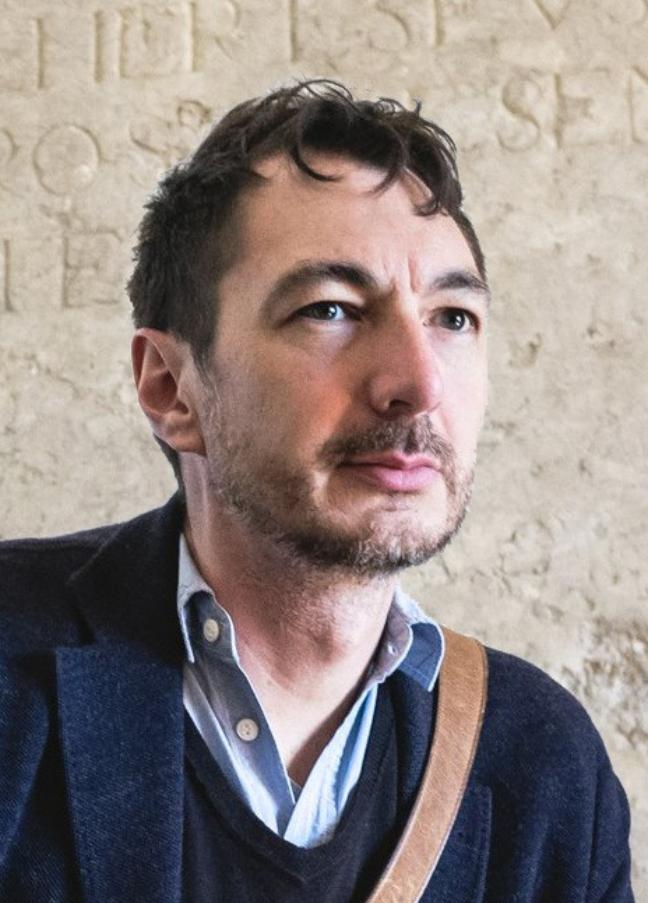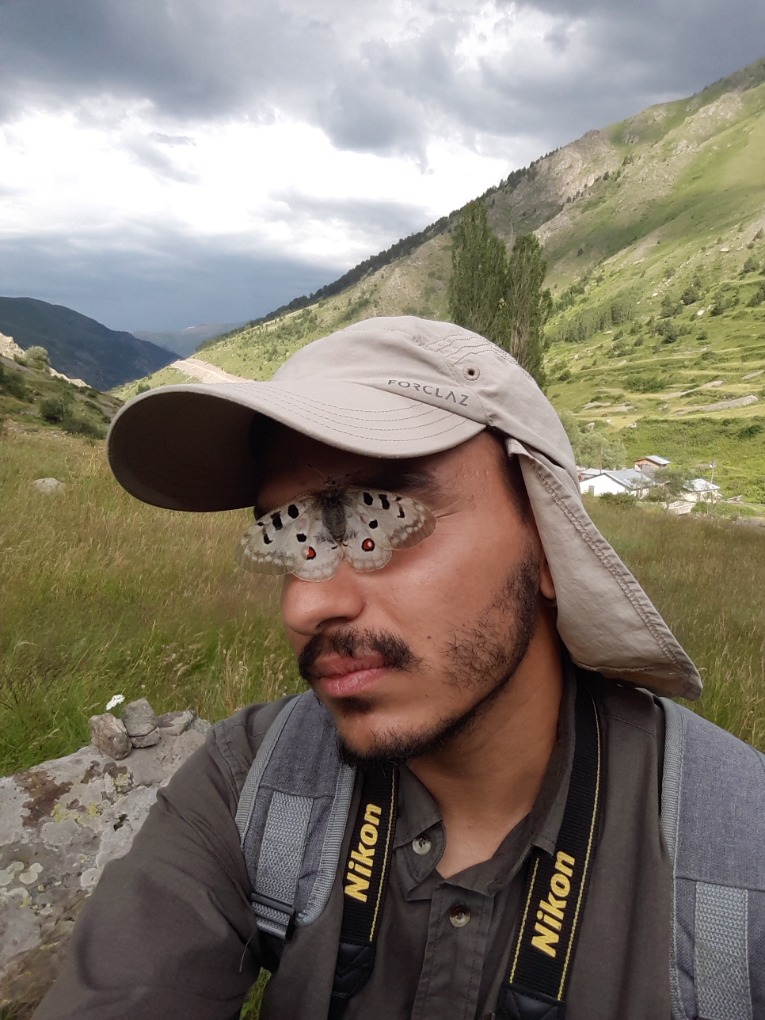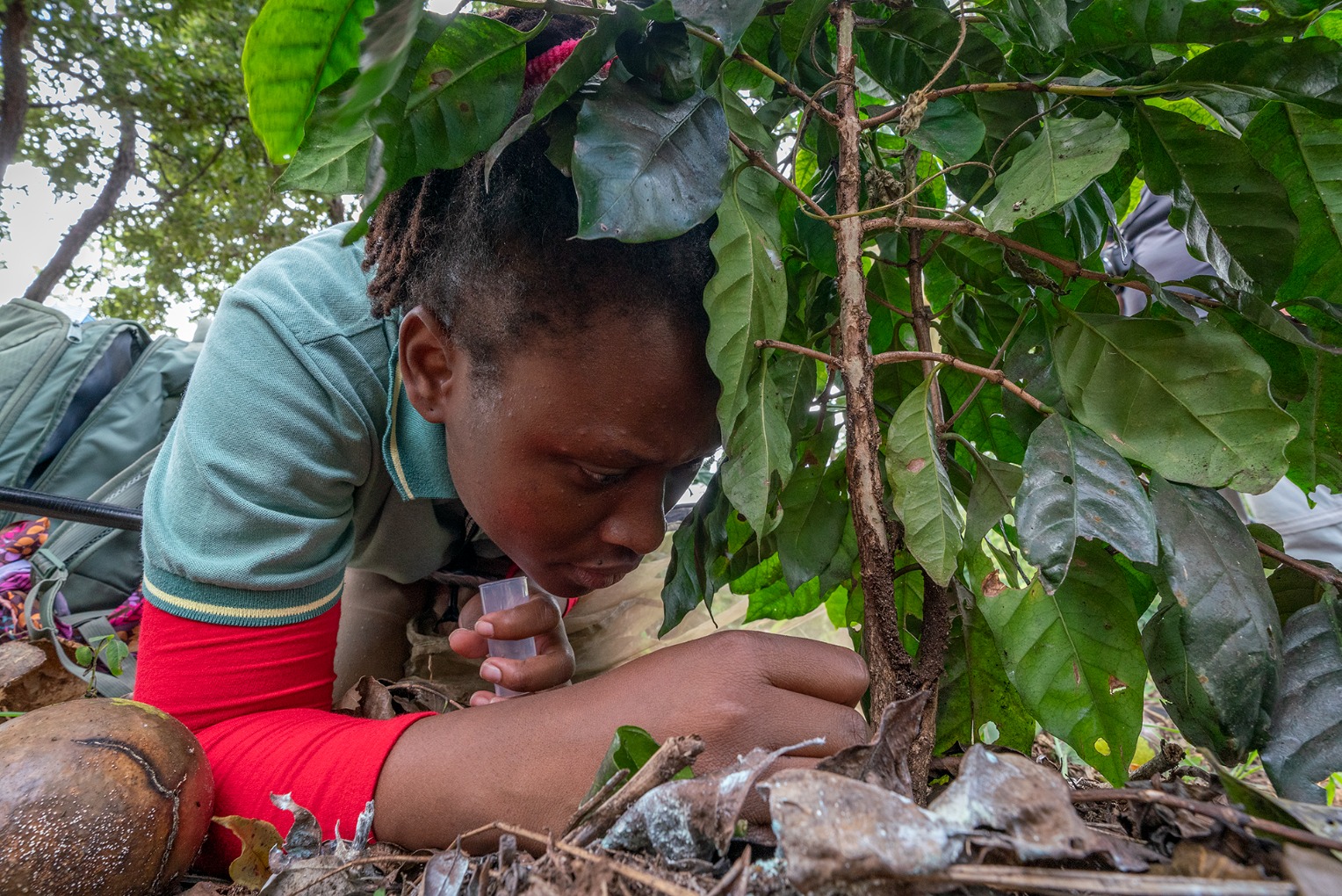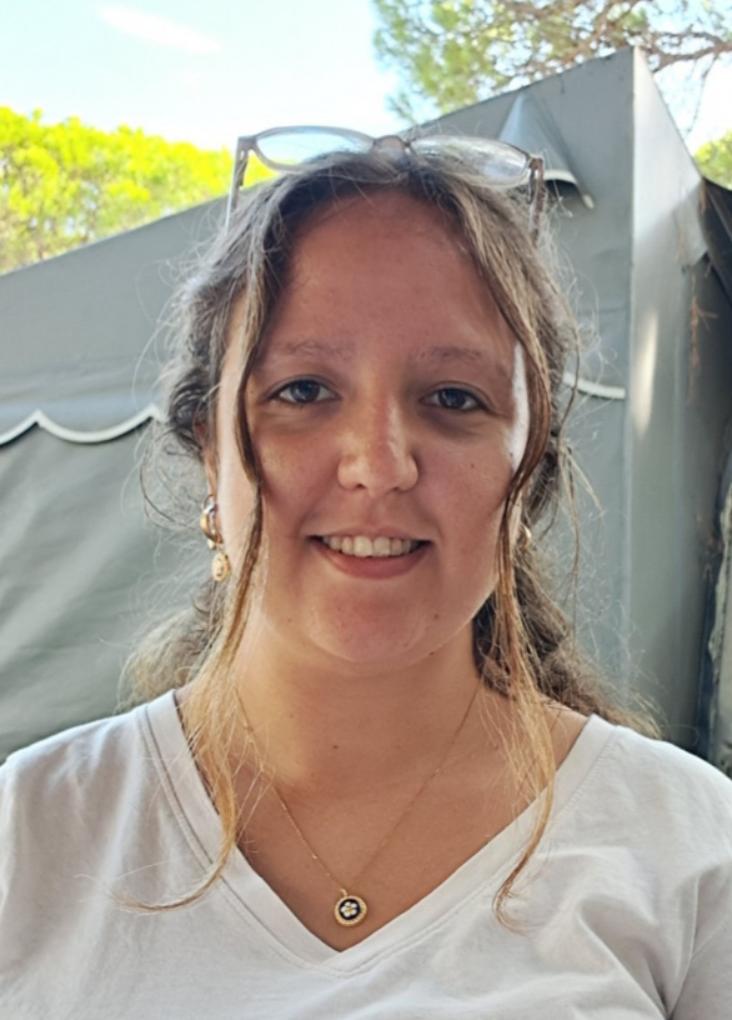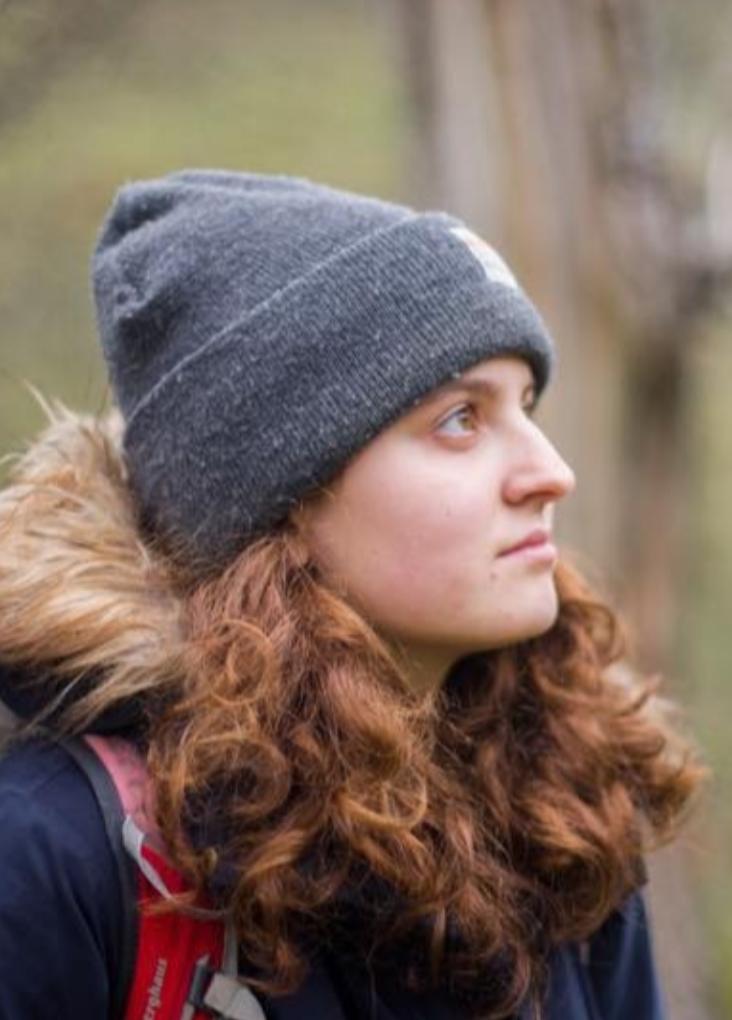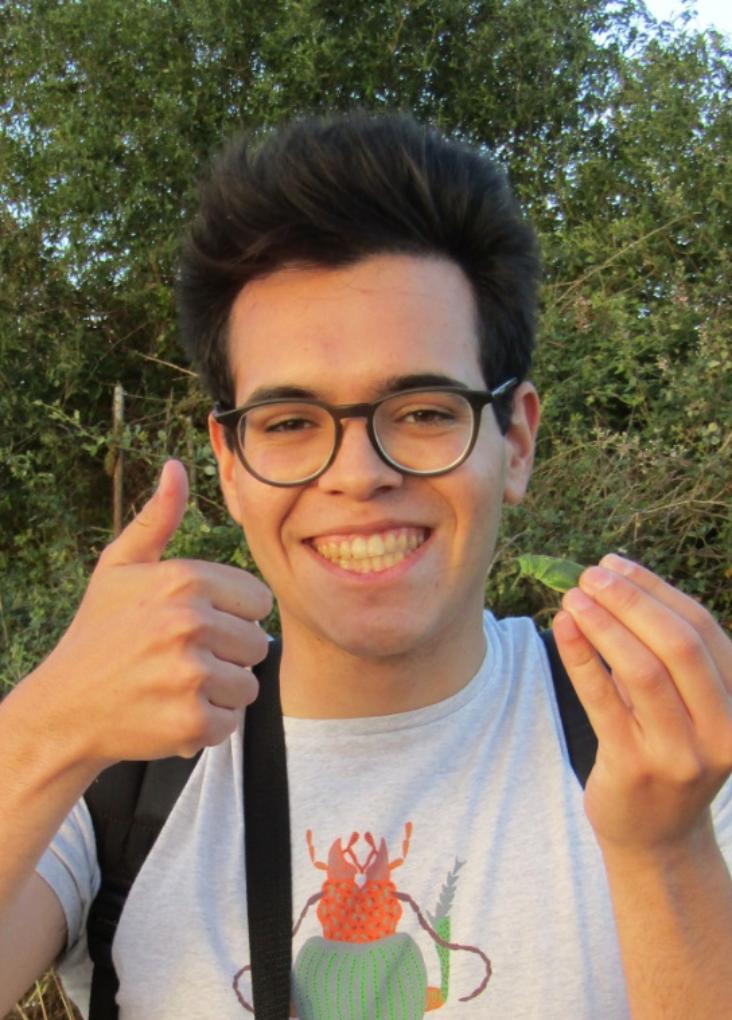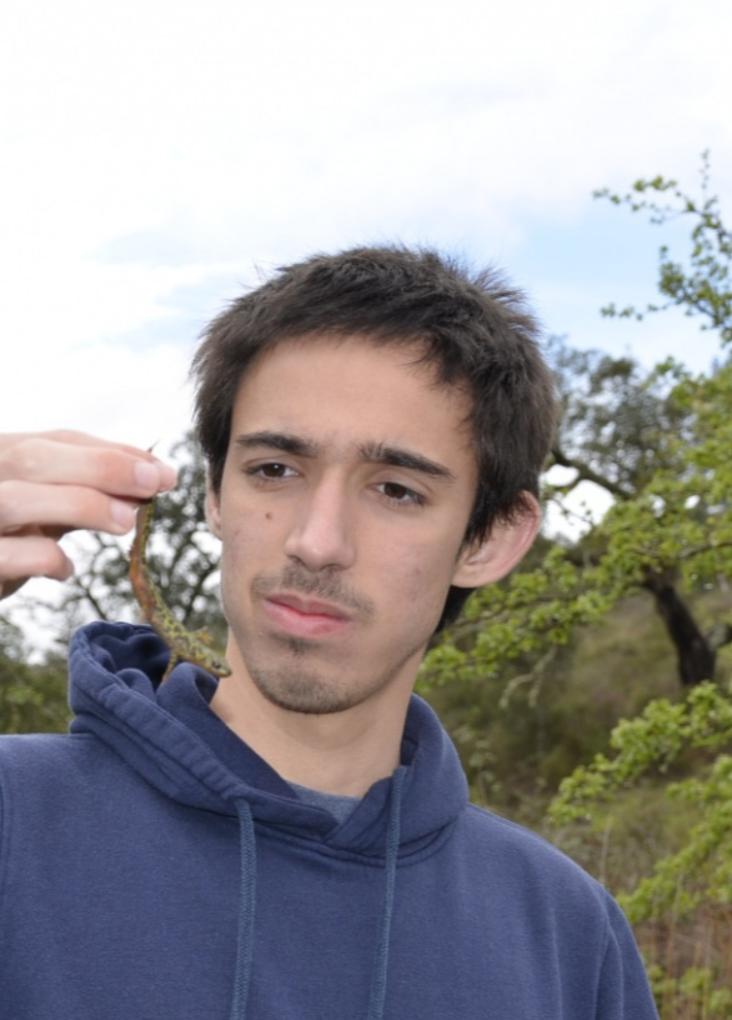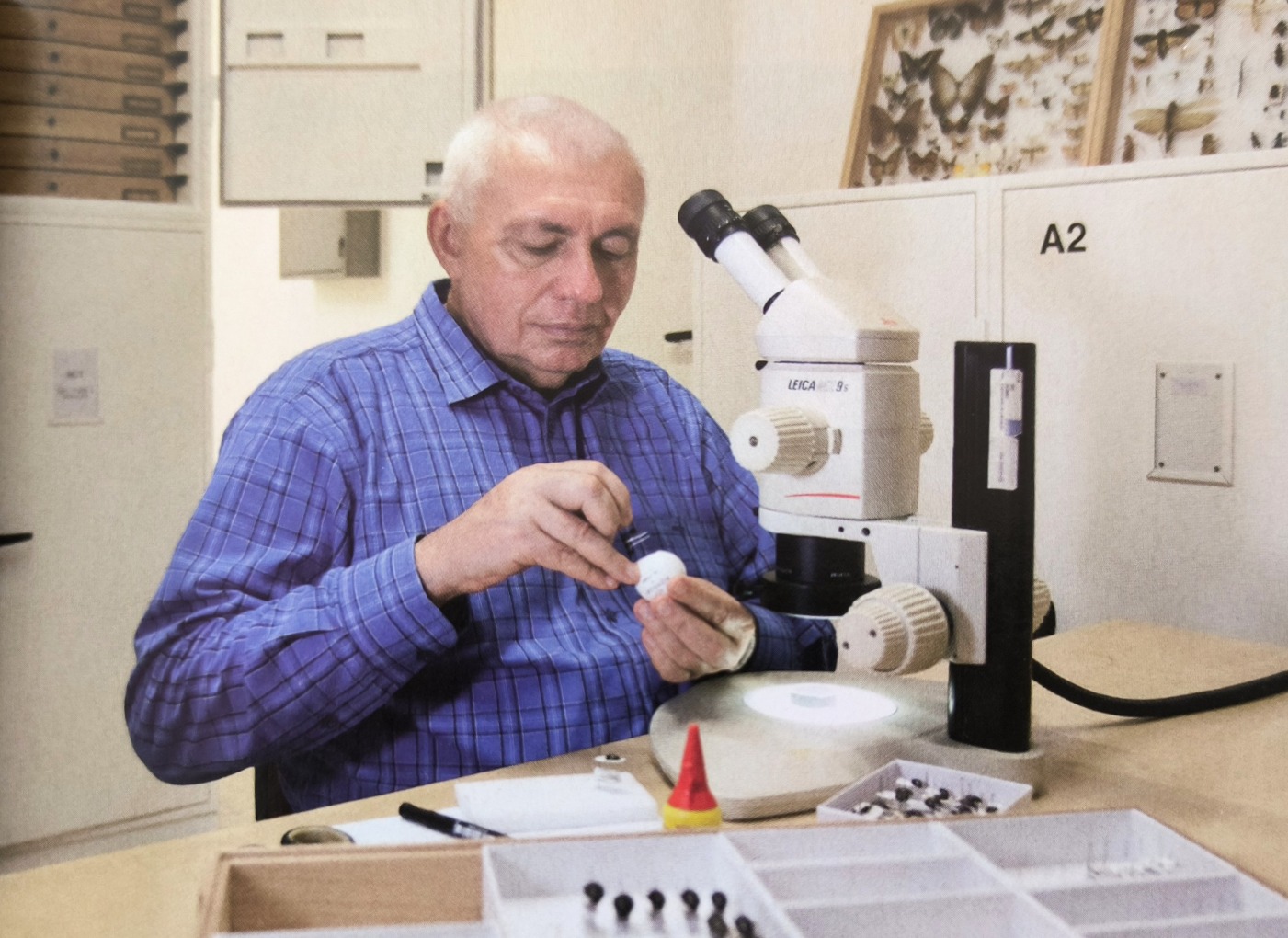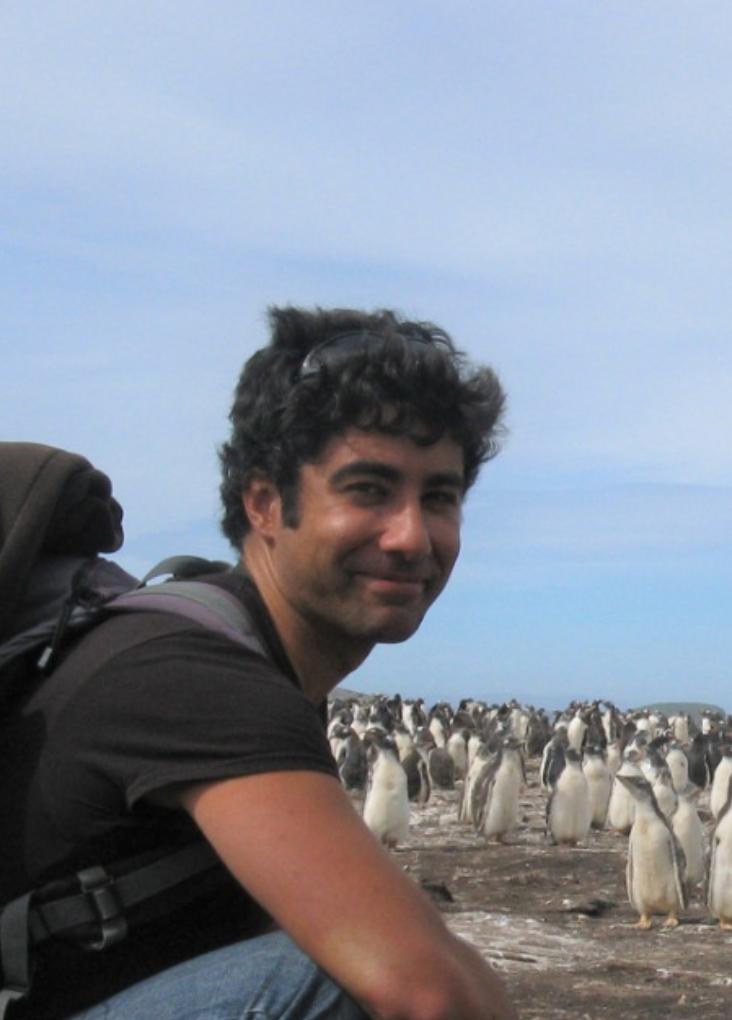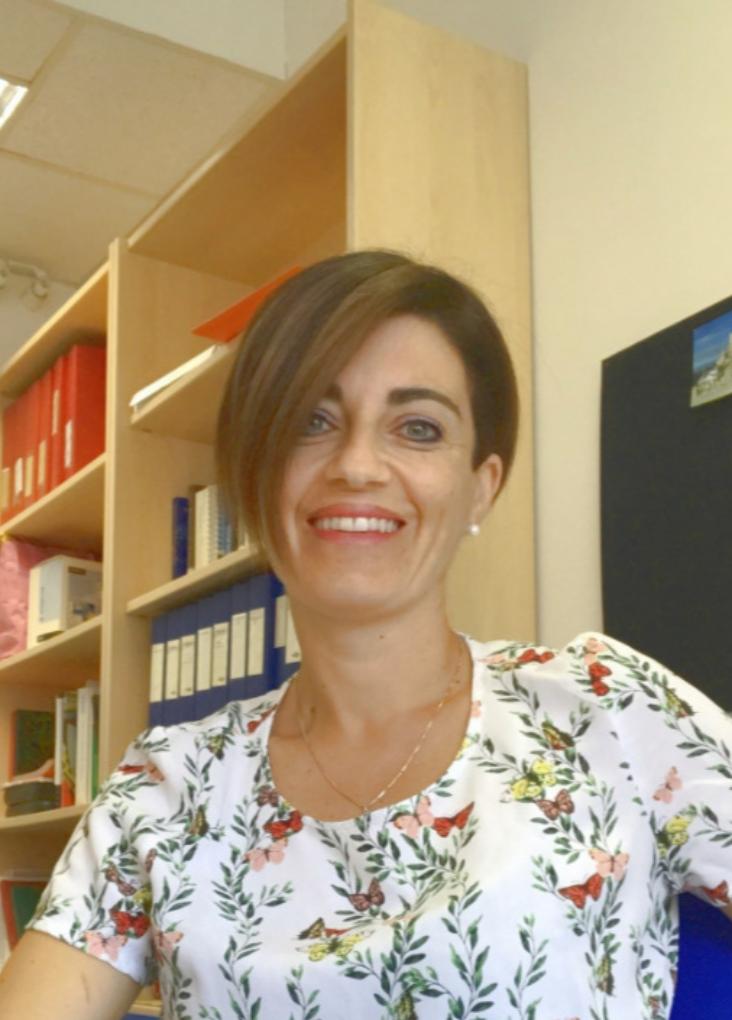Our research group specialises in arthropod biosystematics, evolution, physiology and conservation, with a particular focus on subterranean ecosystems.
We study different aspects of the ecology of subterranean ecosystems, from the shallow subterranean habitats to the deep subsurface biosphere and its relationship with the surface, to advance the knowledge on their ecological dynamics and assess the impacts of anthropogenic activities.
Most of our research is in caves and other types of subterranean ecosystems, to establish a robust framework for future ecological assessments, ensuring the sustainability of these ecosystems.
Our interest extends to parasite-host interactions, particularly arthropod-fungi associations. We actively contribute to shaping sustainable management practices, aligning with national and international conservation initiatives. This strategic alignment ensures that our research directly influences decision-making processes. Dedicated to studying subterranean habitats and their specialised biodiversity, we aim to transform our research findings into actionable measures, reinforcing our dedication to their conservation and long-term sustainability. In addition to our research, we are committed to educational outreach, curation of entomological collections, and effective science communication.
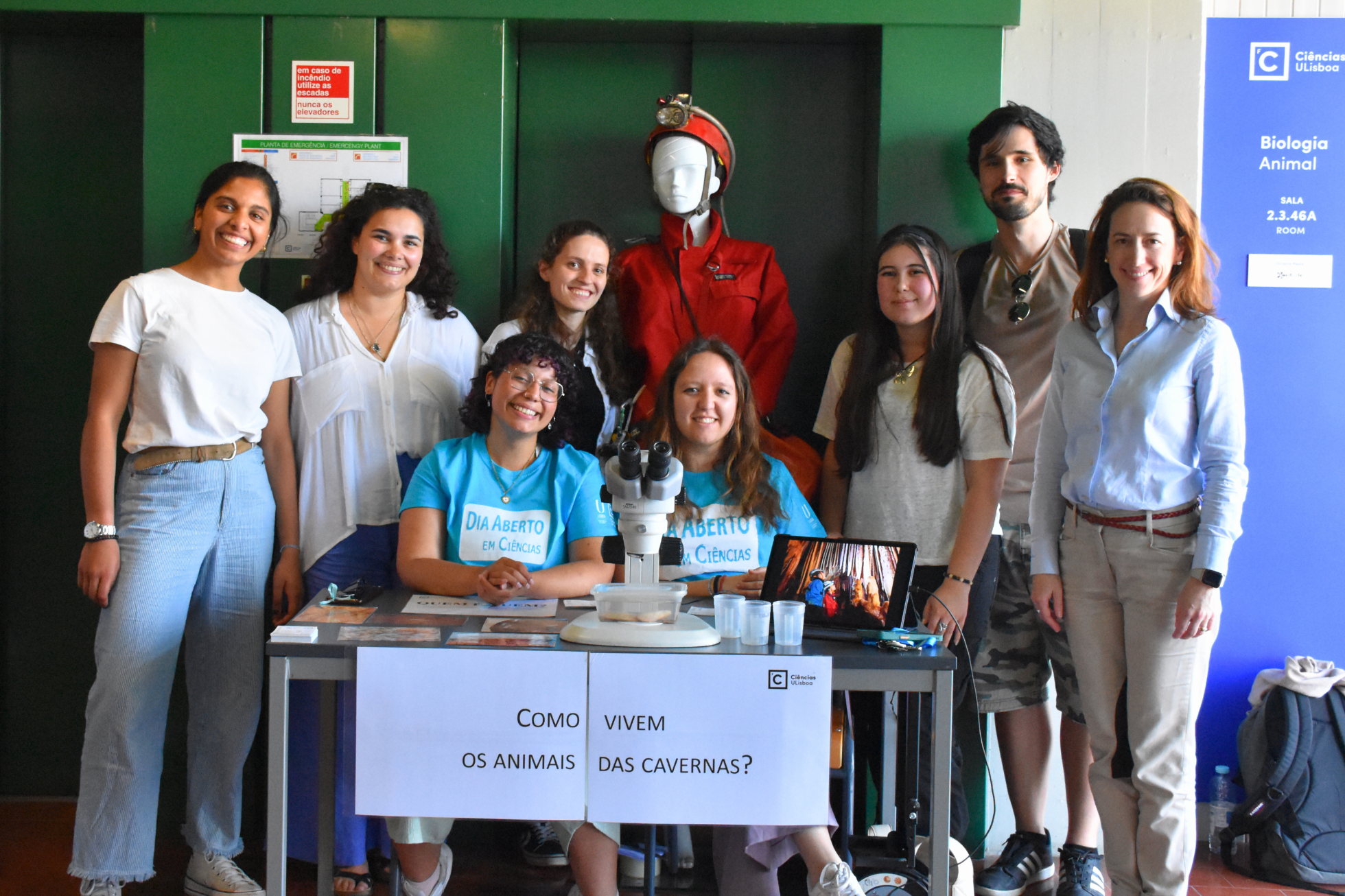
We have solid collaborations with the University of Copenhagen in the study of cave microbiomes, with the National Research Council of Italy in groundwater ecology, with the Natural History Museum of Stuttgard in phylogeny of subterranean beetles, and with the National Council of Research in Spain in remote detection of subterranean habitats.
For the next three years we will create the first Cave Long Term Ecological Research (LTER) of Western Europe, with the Belmiro de Azevedo-FCT Prize in the area of conservation, restoration and monitoring of biodiversity in Portugal, and the local support of the Municipality of Loulé and University of Algarve.

![/uploads/subcanais2/banners-novo-site-ce3c-16[1].png /uploads/subcanais2/banners-novo-site-ce3c-16[1].png](/uploads/subcanais2/banners-novo-site-ce3c-16[1].png)

